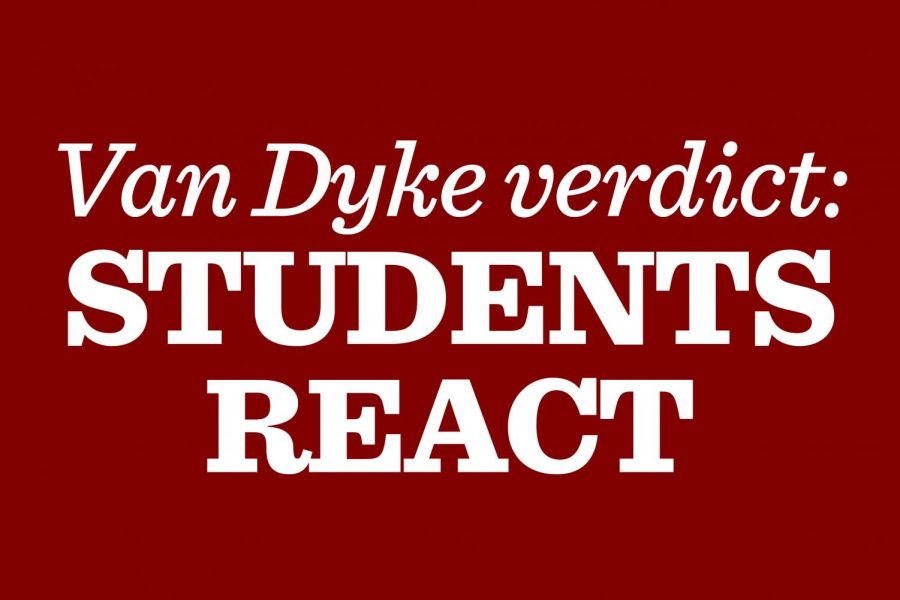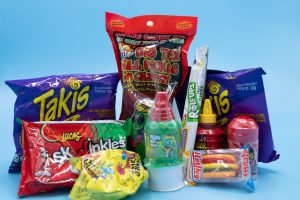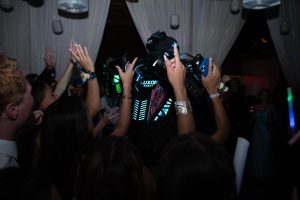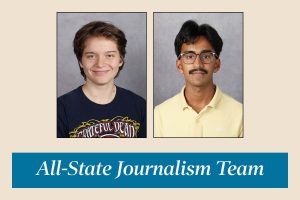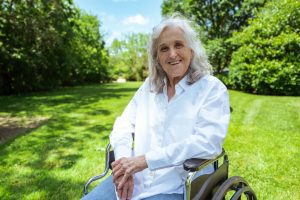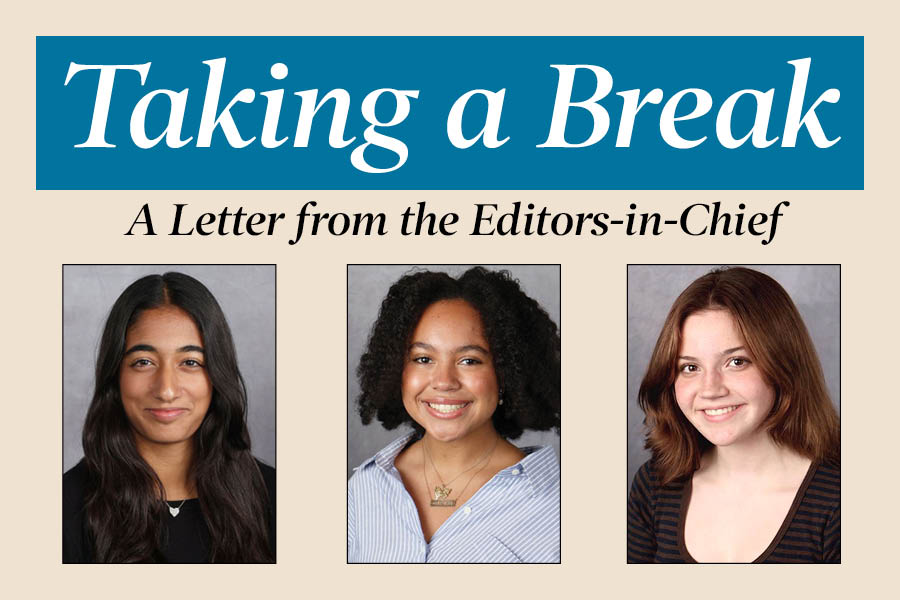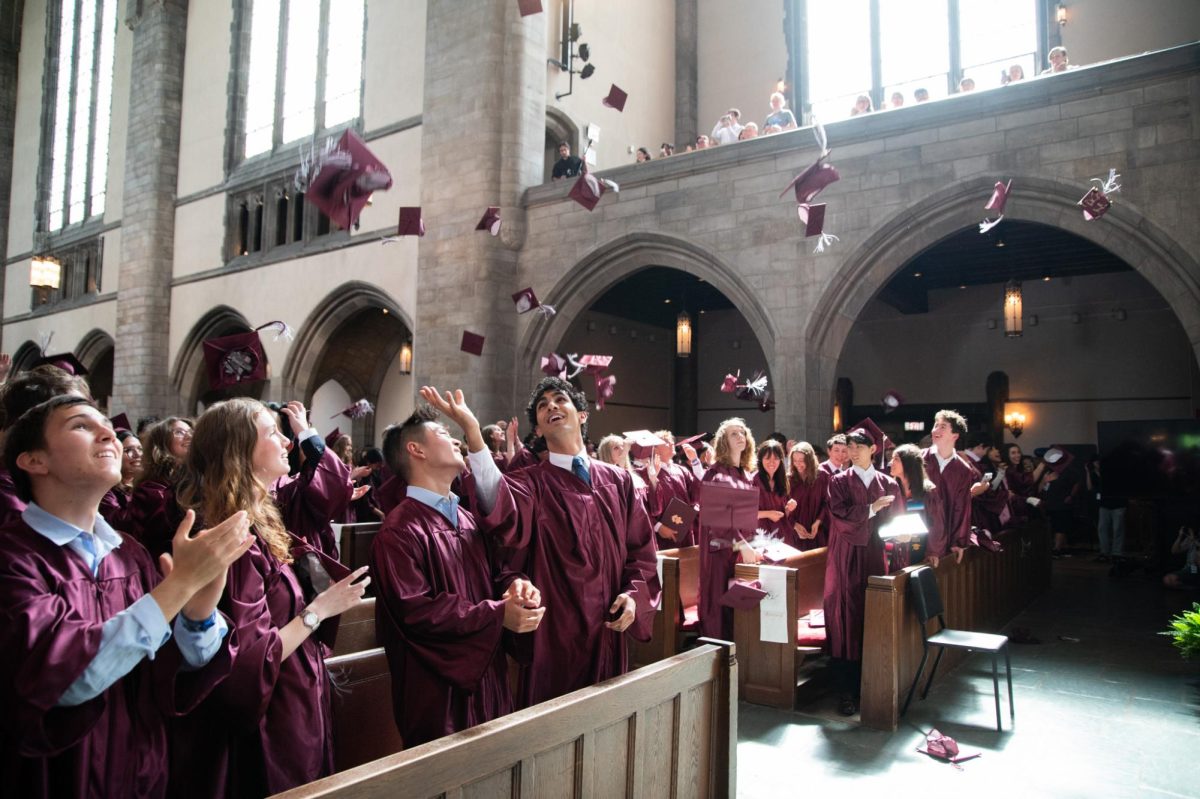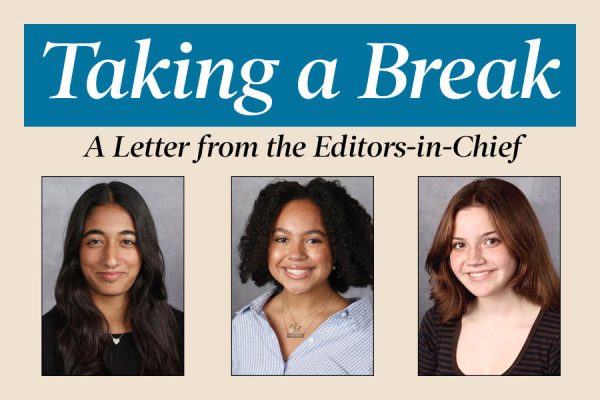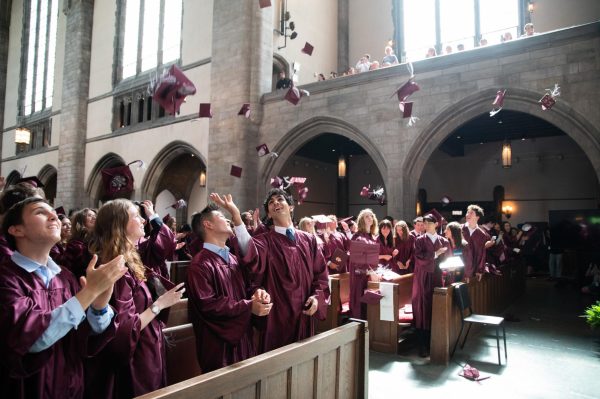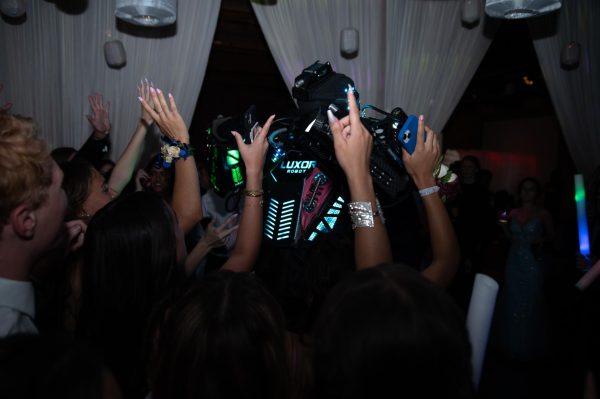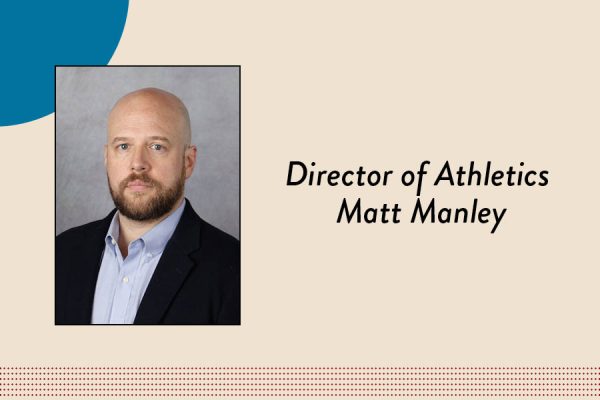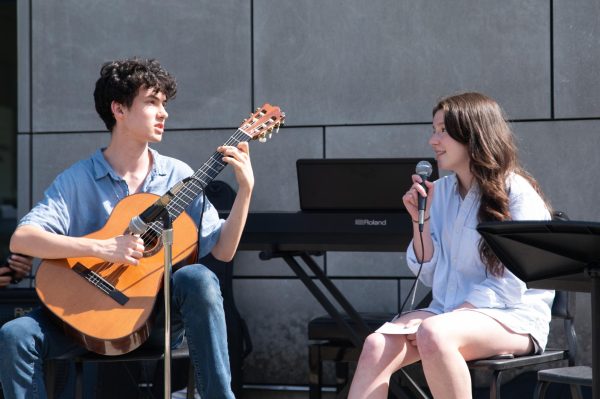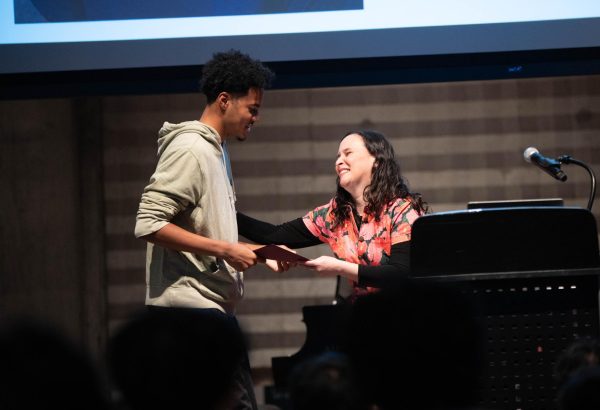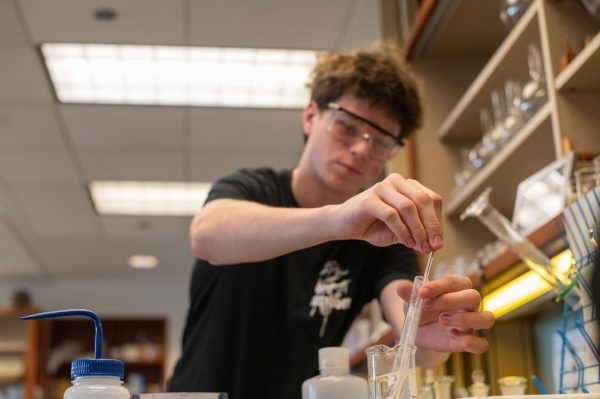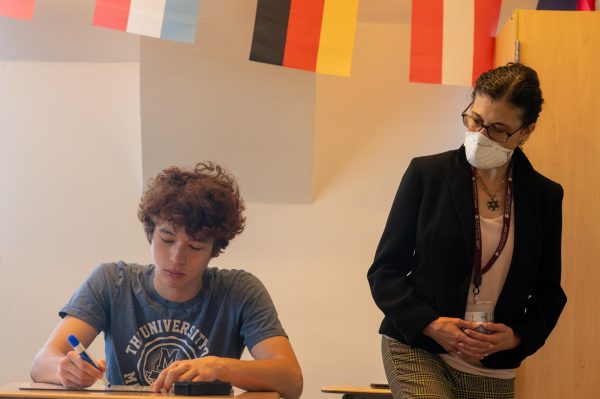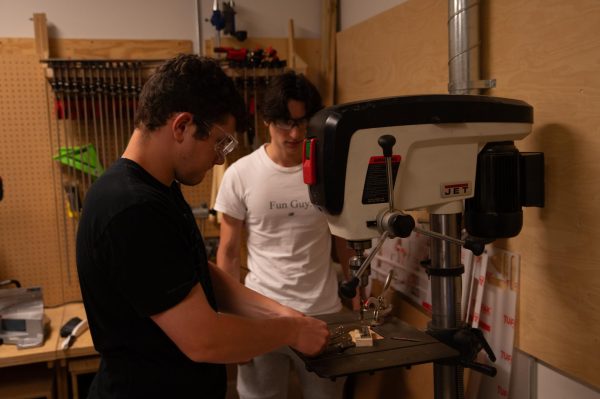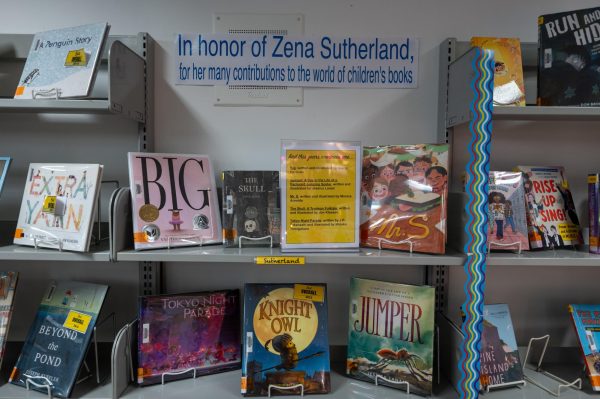Students find that despite Van Dyke verdict, Chicago justice system has long way to go
October 5, 2018
On Oct. 5, Chicago police officer Jason Van Dyke, who fatally shot black teenager Laquan McDonald in 2014, was found guilty of second degree murder. He was also convicted on 16 counts of aggravated battery with a firearm, one count for every bullet that hit McDonald.
The incident attracted public outrage when a dashboard-camera video of the shooting was released in 2015, and has stayed on the minds of many.
When U-High senior Robert Coats first heard the trial results, he was thrilled.
“I just started dancing,” Robert, who is public relations chair for the Black Students’ Association, said. “I had a lot of stress about the result and the fact that it ended the way it did was just too much for me to contain myself. I just had to break out and celebrate.”
U-High students, faculty and staff will be able to process these events on Oct. 9. According to a message sent Oct. 4 to the Lab Schools community by Assistant Director Carla Ellis, all students and their advisers will meet Tuesday morning by grade level to discuss the case and its impact and consequences. A member of the administration or of the Learning and Counseling department will speak with the students, after which students will be dismissed to attend a 90-minute session of their choice, be it talking with counselors, discussing the news, spending quiet time in the library, or conversing with each other and faculty in a less structured discussion environment.
For Robert, Van Dyke’s conviction provided a sense of security. The verdict marked the first time in more than 50 years that a Chicago police officer was convicted of murder in an on-duty shooting.
“It tells me that if something like this happened to me, there would be justice,” he said. “But, it also scares me because there is always the concern that police will want revenge after the results of the trial.”
Robert’s sister, sophomore Kennedy Coats, is happy with the result of the case. However, she is afraid for the same reasons as her brother.
“I have always been scared by police officers whether I’m walking down the street or driving,” she said. She agreed with her brother that police may seek revenge after the verdict.
When Kennedy saw the results on TV, they sank in. She had been prepared for the worst.
“I think if the verdict had been different, I would have joined the boycott. I probably wouldn’t have gone to school on Tuesday, and I wouldn’t go to certain stores,” she said. “I think it’s important to stand up for what you believe, but luckily the jury’s decision and the jury stood up for me, so I didn’t have to.”
While the conviction was a victory, Kennedy made clear that the work toward justice is far from finished.
“It is not over,” she said. “As much as the jury made the right call on this one, there will be many more calls to make in the future. Laquan McDonald getting justice does not mean every black kid that has gotten shot has justice. There is still a long way to go, but I’m glad we made this one step forward.”
BSA President Saige Porter noted that the Chicago community should not have to battle administrative representatives and law enforcement to seek action on matters that affect the country beyond Chicago as well.
“I’m very happy that Laquan’s family has been given justice,” said Saige, who has been following the case since 2015. “The way this entire tragedy was revealed is unacceptable and makes me worry about my safety, my family’s safety and my friends’ safety. Ultimately, it doesn’t matter that Van Dyke was found guilty if Laquan McDonald was killed, which never should’ve happened in the first place, and unfortunately, I’m sure it’ll happen again.”



